Human Growth Hormone (HGH), a naturally occurring peptide hormone produced by the pituitary gland, plays a pivotal role in growth, development, and overall health. In recent years, the therapeutic and performance-enhancing applications of synthetic HGH have garnered attention due to its amazing ability to increase the muscle mass and performance of human body in a very short period of time. On the contrary, it also comes with a dark side filled with dangerous health risks. This article explores the uses, benefits, and harmful side effects associated with the use of Human Growth Hormone. Let’s get started!
Don’t Miss: Performance Enhancing Drugs: Types, Effects & Risks!
Benefits & Effects of Human Growth Hormone on Muscle Growth and Performance!
Increased Muscle Mass
HGH promotes protein synthesis in muscle cells and elevated protein synthesis leads to the creation of new muscle tissue, contributing to rapid muscle growth and improved overall muscle quality. Athletes and bodybuilders often use HGH to accelerate muscle growth, leading to increased muscle mass.
Improved Muscle Strength
Human Growth Hormone also boosts the development and strength of skeletal muscles. Users experience increased muscle strength, allowing for more effective resistance training and improved performance in various physical activities.

Enhanced Nitrogen Retention
HGH promotes nitrogen retention in muscles. Positive nitrogen balance is essential for muscle growth, as it signifies a state where the body retains more nitrogen than it excretes, facilitating the building of lean muscle mass.
Accelerated Recovery
HGH aids in the repair and regeneration of muscle tissues. Quicker recovery from intense workouts means athletes can train more frequently and intensely that lead to significant gains in muscle mass and overall fitness.
Enhanced Fat Metabolism
Human Growth Hormone stimulates the breakdown of fats and promotes the use of stored fats for energy. Individuals using HGH experience improved fat metabolism, potentially leading to reduced body fat and enhanced body composition. Losing fat in the minimum timeframe is another major reason why bodybuilders take HGH.

Preservation of Lean Muscle Mass during Cutting Phases
HGH helps to preserve lean muscle mass even during periods of caloric restriction. Athletes and bodybuilders who are aiming to reduce body fat while maintaining muscle mass find HGH beneficial during cutting phases of their training.
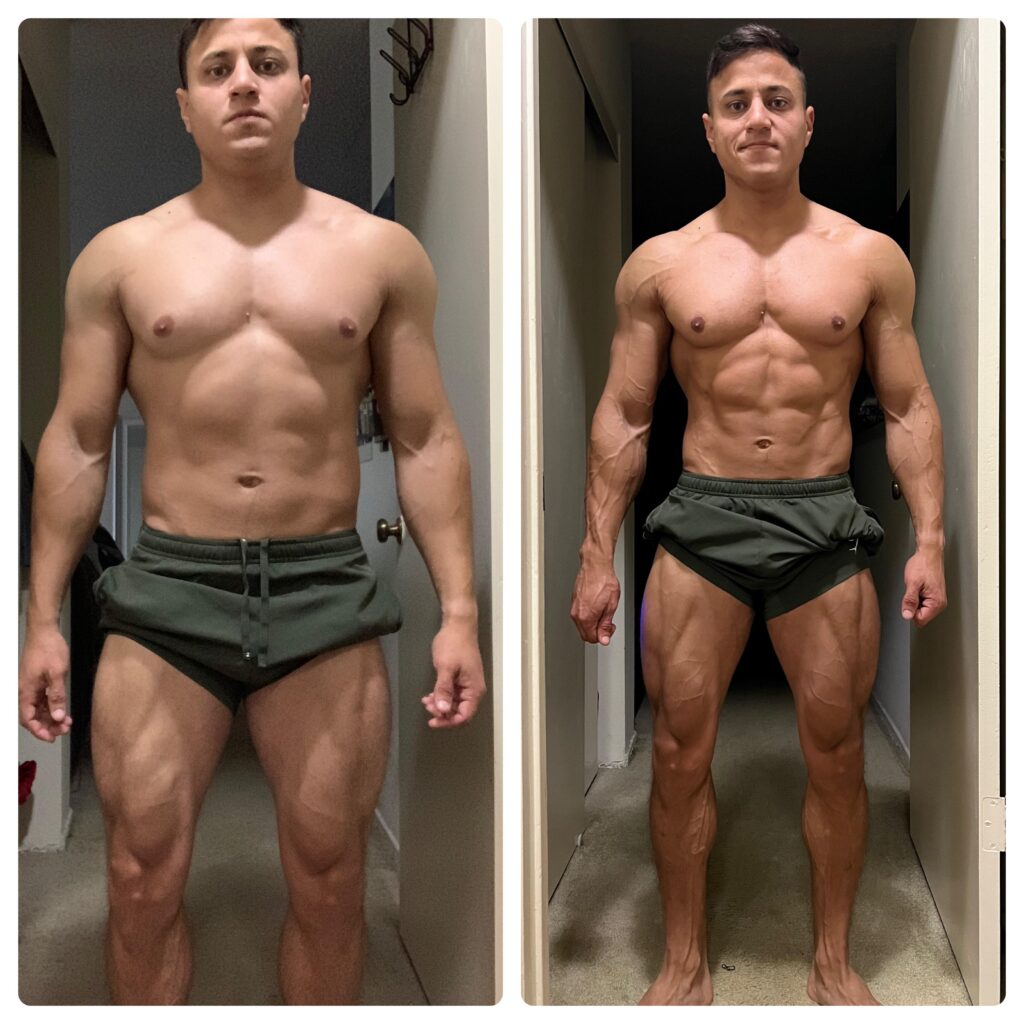
Improvement in Muscular Endurance
HGH’s impact on red blood cell production may improve oxygen-carrying capacity. Enhanced oxygen delivery to muscles can result in improved endurance, enabling athletes to perform more repetitions and sustain physical effort for longer durations.

Enhanced Exercise Performance
HGH can improve exercise capacity by increasing muscle mass and improving the efficiency of energy utilization. Athletes experience enhanced physical performance, increased stamina, and faster recovery from intense workouts with the help of Human Growth Hormone.
Positive Impact on Connective Tissues
HGH influences the growth and repair of connective tissues in muscles. Improved strength and integrity of tendons and ligaments contribute to overall joint health, reducing the risk of injuries associated with intense physical activity.
Other Uses & Benefits of Human Growth Hormone
Treatment of Growth Disorders
One of the primary and well-established uses of Human Growth Hormone is in the treatment of growth disorders, including growth hormone deficiency. Children and adolescents with insufficient natural growth hormone production may benefit from HGH therapy to stimulate growth and development.

Improved Bone Density
HGH plays a role in bone metabolism by increasing the production of bone-forming cells. HGH therapy can contribute to improved bone density, reducing the risk of fractures and promoting skeletal health.
Anti-Aging and Cosmetic Uses
While controversial, some individuals use HGH for anti-aging purposes, believing it may have rejuvenating effects on the skin and overall vitality. Users claim improvements in skin appearance, reduced wrinkles, and increased energy levels.
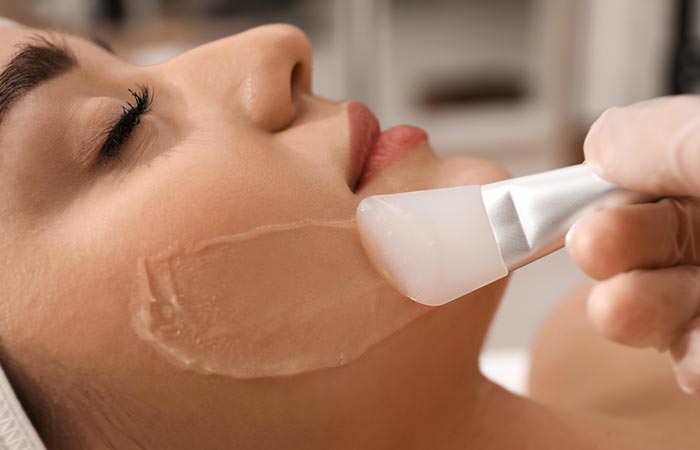
Increased Collagen Synthesis
HGH stimulates the synthesis of collagen, a protein that provides structure to the skin, tendons, and ligaments. Improved collagen production may lead to enhanced skin elasticity and reduced signs of aging, contributing to a more youthful appearance.
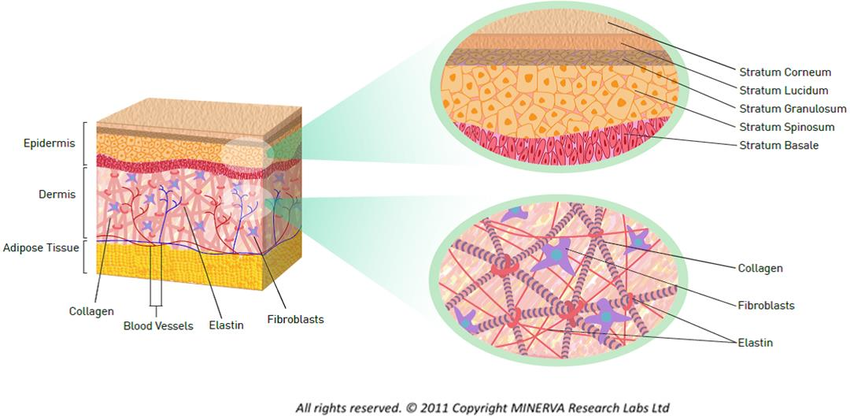
Boosted Immune Function
Human Growth Hormone plays a role in the regulation of the immune system. Some studies suggest that HGH may support immune function, potentially aiding in the body’s ability to defend against infections and illnesses.
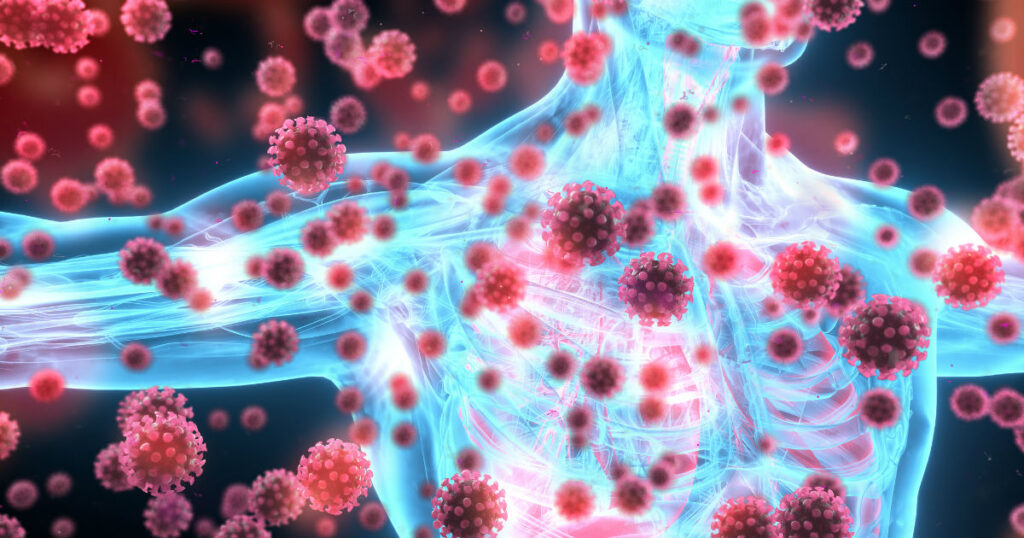
Improved Cognitive Function
HGH receptors are present in the brain, and the hormone may play a role in cognitive function. While research is ongoing, some users believe that HGH supplementation can have positive effects on cognitive abilities such as memory and concentration.
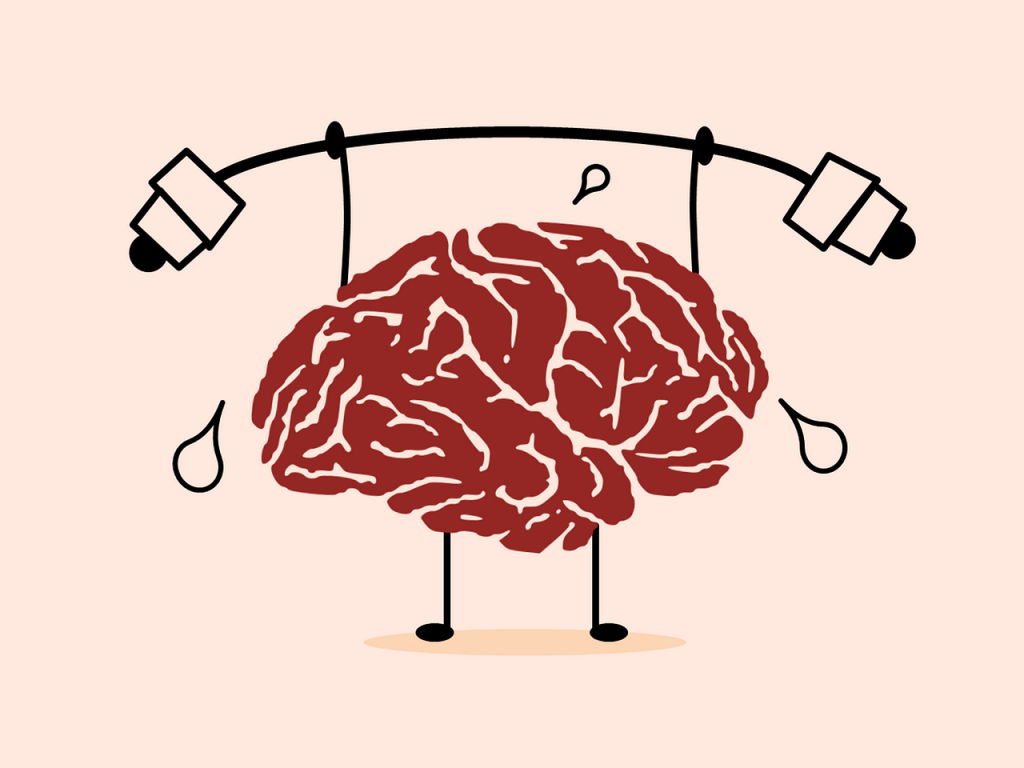
Treatment of Medical Conditions
In addition to growth disorders, HGH is used to treat certain medical conditions such as muscle-wasting diseases and hormone deficiencies. HGH therapy can improve the quality of life for individuals with specific health issues, contributing to overall well-being.
Also Read: Anabolic Steroids: Uses, Benefits,& Its Dark Truth!
The Harmful Side of Human Growth Hormone!
All those amazing benefits that you can get from using HGH can come with a big dark truth which is its dangerous impact on health. That’s why, before using, individuals should have a clear idea of this dark side of HGH so that they can keep themselves away from abusing it and putting the health in great jeopardy.
Acromegaly
Acromegaly is a condition characterized by abnormal and excessive growth of bones and tissues. It occurs when the pituitary gland produces an excess amount of growth hormone, leading to the enlargement of certain body parts. Individuals with acromegaly may experience changes in facial features, such as a protruding jaw and enlarged nose, as well as enlarged hands and feet. This condition can also impact internal organs and increase the risk of cardiovascular issues.

Joint and Muscle Pain
Human Growth Hormone can cause fluid retention, leading to joint and muscle pain. Users may suffer from swelling, stiffness, and discomfort in the joints, impacting mobility and overall physical well-being. Muscle pain can hinder daily activities and exercise routines.
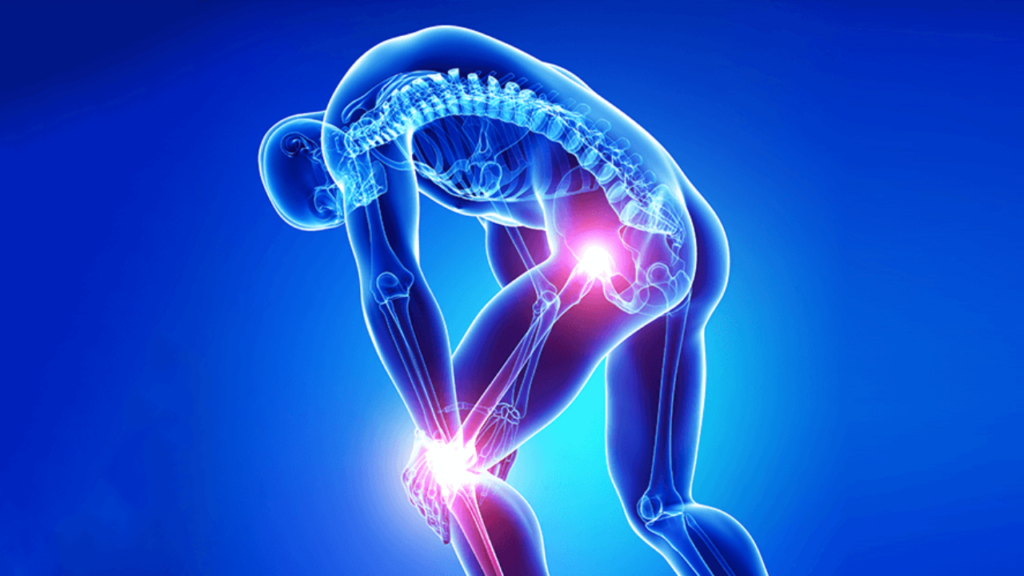
Cardiovascular Risks
Prolonged use of HGH has been associated with an increased risk of cardiovascular issues. Users may face elevated blood pressure (hypertension), which is a significant risk factor for heart disease. The impact on lipid profiles and potential changes in blood vessel function further contribute to cardiovascular concerns.

We also Have: Bubble Gut or Palumboism: The Dark Secret of Bodybuilding!
Insulin Resistance
HGH can interfere with insulin sensitivity, potentially leading to insulin resistance. Insulin resistance is a condition where the body’s cells become less responsive to the effects of insulin. This can result in elevated blood sugar levels and an increased risk of developing type 2 diabetes. It also poses challenges for individuals with pre-existing diabetes.
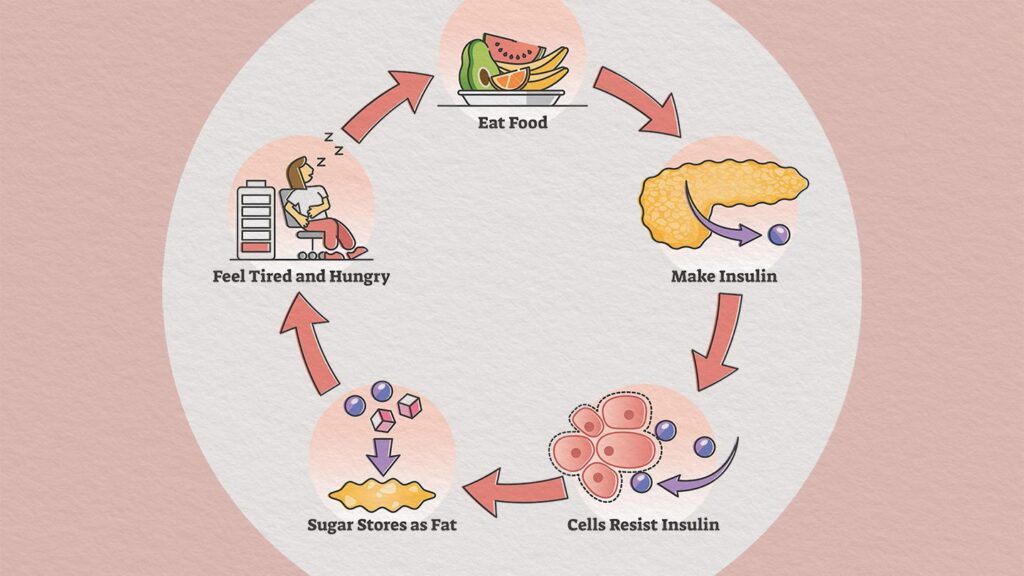
Edema and Swelling
Human Growth Hormone may disrupt fluid balance in the body, leading to edema and swelling. Edema is the abnormal accumulation of fluid in tissues, causing swelling, particularly in the extremities. This can result in discomfort, reduced mobility, and a potential increase in the risk of other complications.
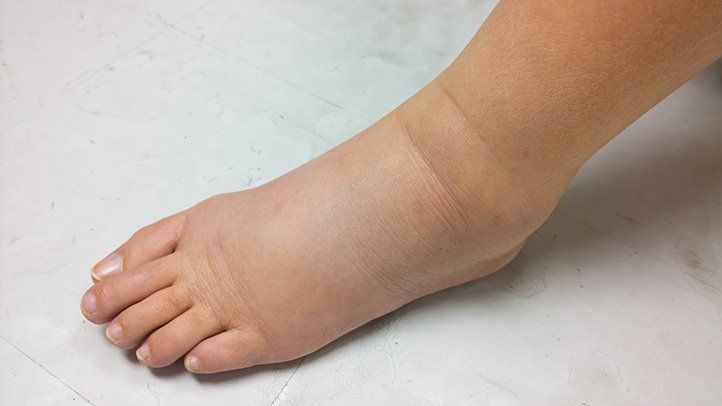
Carpal Tunnel Syndrome
Carpal tunnel syndrome occurs when there is increased pressure on the median nerve within the wrist, leading to pain, numbness, and tingling. HGH can contribute to the development of carpal tunnel syndrome, causing discomfort and potentially requiring medical intervention or surgical treatment.
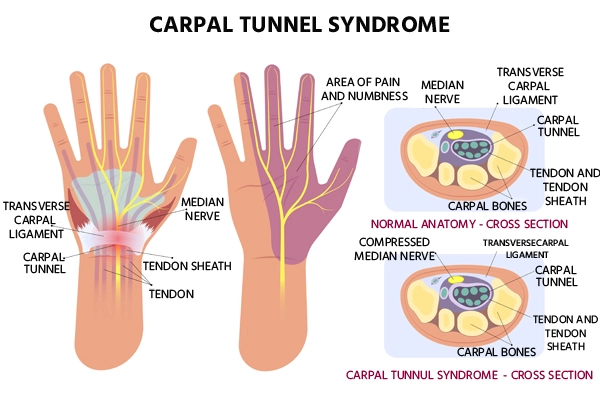
Increased Cancer Risk
Some studies suggest a potential link between long-term HGH use and an increased risk of certain cancers. The association with cancer risk, particularly in organs like the colon and prostate, raises concerns about the safety of prolonged HGH supplementation and its impact on overall health.
Psychological Effects
HGH use has been associated with psychological effects, including mood swings and irritability. Users may experience alterations in mood and behavior, commonly referred to as “roid rage.” These psychological changes can affect interpersonal relationships and overall mental well-being.
Conclusion
Therefore, we have learned that human Growth Hormone, with its crucial role in growth and development, holds both therapeutic promise and potential health risks when used outside medical guidelines. While legitimate medical applications exist for treating growth disorders, the off-label use of HGH for anti-aging or performance enhancement purposes carries considerable health risks. Individuals considering HGH supplementation should weigh the perceived benefits against the documented harmful side effects, seeking professional medical advice to make proper and informed decisions about their well-being. Striking a balance between harnessing the therapeutic potential of HGH and mitigating associated risks is essential to navigate the complex landscape of human growth hormone supplementation responsibly. Hopefully, you found this article helpful enough. If you really did then let us know your valuable thoughts in the comment section below. Thanks for visiting and appreciating our work.
